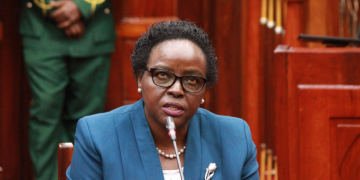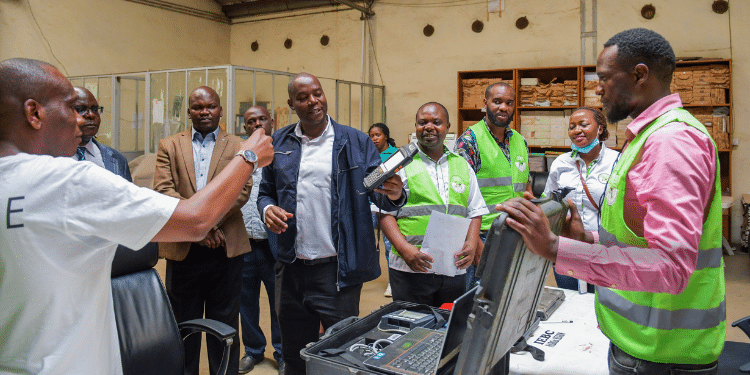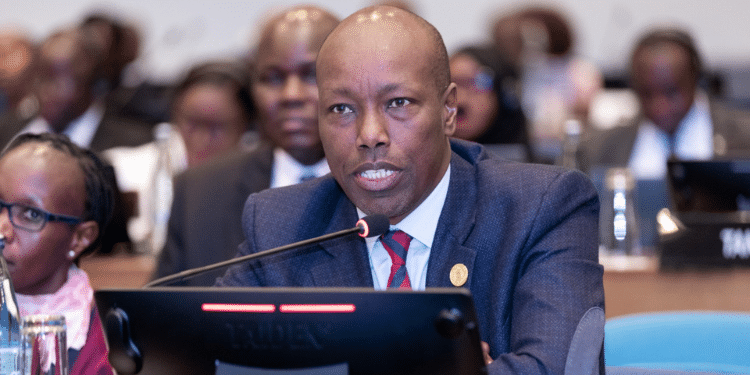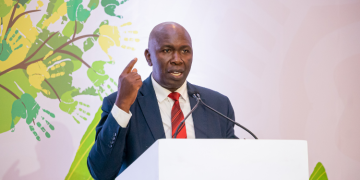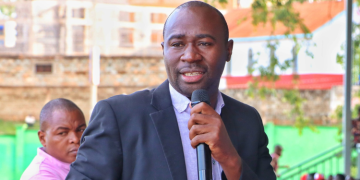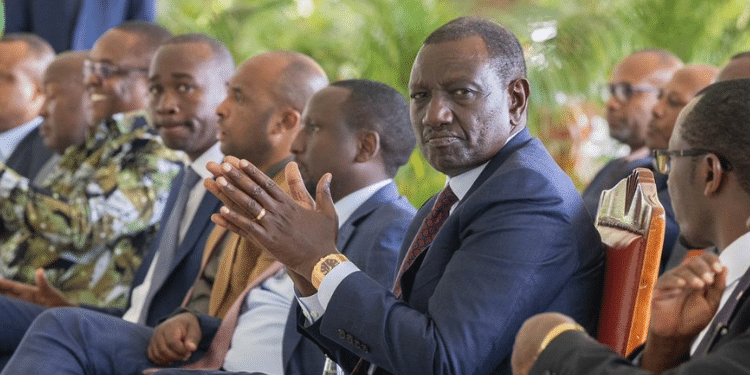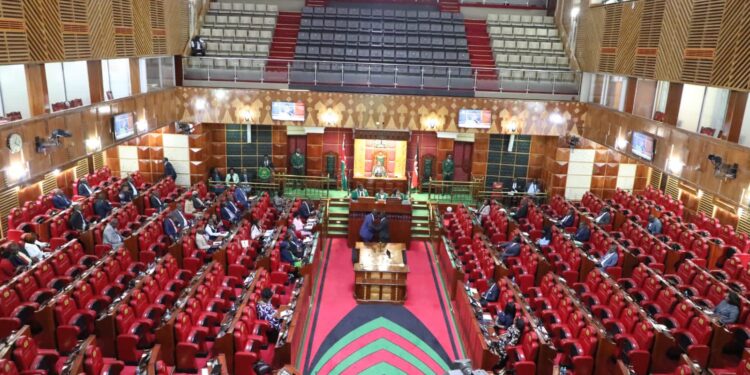The parliamentary finance committee has proposed the tapping of private communications of people suspected of money laundering or financing terrorism.
This is part of several changes to the Anti-Money Laundering and Combating of Terrorism Financing Laws Amendment Bill, 2023.
As part of the newly proposed changes, the members of parliament want state agencies to access emails, listen to phone calls and read text messages of suspects as part of efforts to monitor the flow of large money movements.
If approved by parliament, the proposal will allow the government unrestricted access to private communications of suspects of money laundering and terrorism crimes.
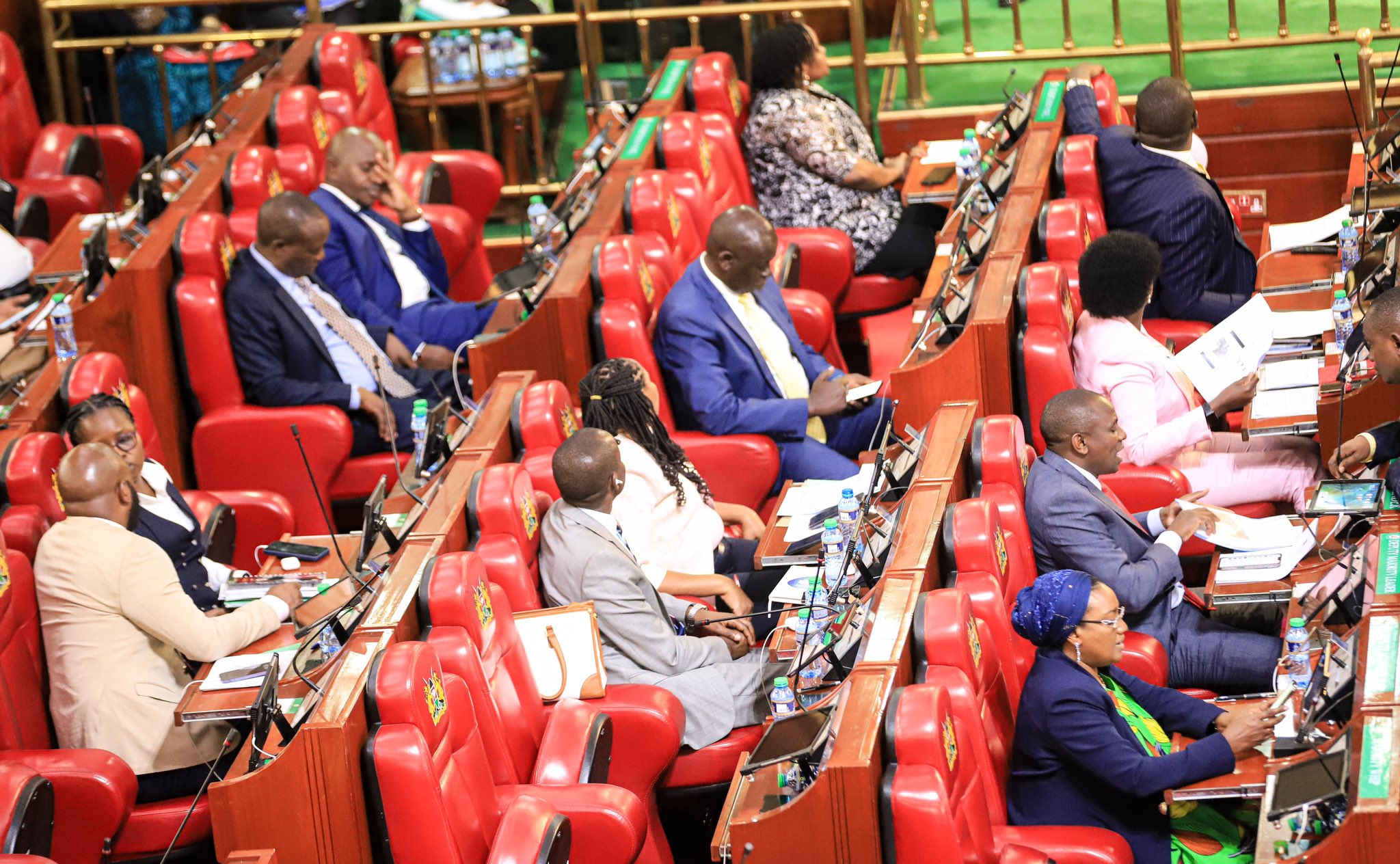
The Five Laws to be Amended Under the Act
Over the past years, large cash seizures at the country’s main points of entry and unexplained huge transactions in banks have raised alarm over dirty cash movement.
Also Read: NGOs to Cite Sources of Income in Efforts to Curb Money Laundering Schemes
Moreover, the law does not allow government agencies to access or spy on private communications of suspects of money laundering deals and terrorism financing.
However, some agencies like the Directorate of Criminal Investigations (DCI) and the police have access to phone records and text messages.
The proposed amendments follow last year’s enactment of the Proceeds of Crime and Anti-Money Laundering (Amendment) Act.
“Where a person is suspected or accused of an offence under this Act, the privacy of a person’s communications may be investigated or otherwise interfered with,” the proposed amendment states.
Moreover, the new clause of the Amendment Bill approved by the Cabinet in July this year touches on five laws including
- Insurance Act
- Banking Act
- Central Bank of Kenya Act
- Capital Markets Act
- National Payments Systems Act.
Privacy Versus Security Concerns
Nonetheless, the government has been putting up efforts to fight money laundering and terrorism financing.
As a result, the Treasury formed a task force to review related policies, strategies, and legislation in April 2023.
Also Read: CBK Welcomes Money Laundering Terrorism Financing Report
However, the proposed amendment raises the question of privacy issues as state operatives could misuse the access to Kenyans’ private communication.
Furthermore, the Cabinet agreed to a proposal that increases the cash disclosure threshold by 50 percent from the current $10,000 (Ksh1.4 million) to $15,000 (Ksh2.1 million).
Lawmakers also voted to amend the law to shield lawyers, notaries, and other legal professionals from revealing confidential information about their clients’ transactions.
In addition, the legislators approved changes to the Proceeds of Crime and Anti-Money Laundering Act to designate the Law Society of Kenya (LSK) as the self-regulating body for reporting of dirty cash by legal professionals.





